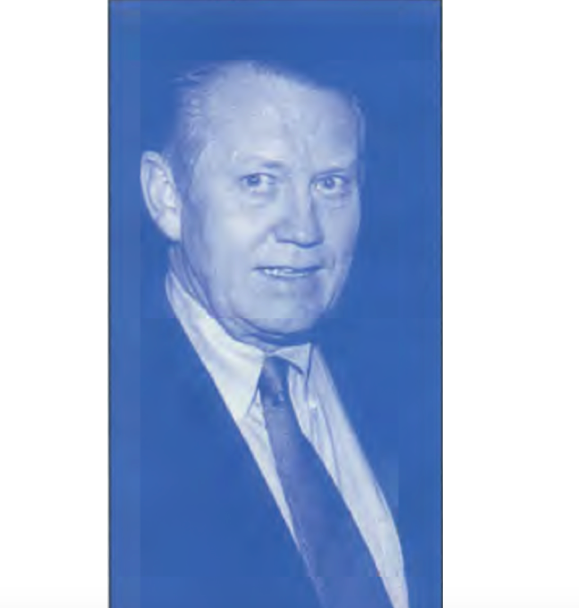Chuck Feeney comes across as someone who really wants little more than to end his life as the ordinary guy who left Elizabeth, New Jersey to become a GI after the Second World War. He has accumulated more wealth than any other Irish-American of his generation but you won’t see him at receptions or black-tie functions that mark the social life of corporate Irish America.
“I’m just not the kind of guy who gets any kick out of attending these mutual admiration society dinners,” he told me.
In 1988, Forbes magazine included Feeney in the top 20 of its 400 richest people list, estimating his worth at $1.3 billion.
However, Feeney did not belong on the list. In 1982, he had secretly transferred his entire 38.75 percent interest in Duty Free Shops (DFS) to a charitable foundation, keeping less than $5 million for himself. “I did not want money to consume my life,” he said. To maintain secrecy, the organization did not bear his name. Feeney declined even to take personal tax deductions on his giving.
“I just felt I didn’t see the need for blowing a horn,” he said when asked why he wanted to stay anonymous.
Feeney’s anonymity came to an end when in the mid-1990s he decided it was time to get out of DFS. The company that makes Moet &Chandon champagne bought DFS, and the 1997 sale left Feeney’s charity worth $3.5 billion.
Now Feeney has just put into practice something he had been considering for many years. He has decided that “Giving While Living” should be his legacy, and he hopes his example of giving now to make a meaningful impact will encourage other philanthropists to increase their charitable giving while alive.
The New Jersey native persuaded the board of Atlantic Philanthropies, which he created two decades ago, to convert $4 billion in assets into cash, disperse it over the next several years to good causes, and shut up shop. It is better, he reckons, to concentrate its vast resources on the problems of today, and leave it to the next generation of philanthropists to address the issues of the future.
“Wealth brings responsibilities,” said Feeney in his clipped New Jersey accent. “People have to determine themselves whether they feel an obligation to use some of their wealth to improve life for their fellow human beings rather than create problems for future generations.”
He said he has a reluctance to say to people, “Jeez, you’ve got a lot of money, you should do something about that!”
One senses however that he feels very strongly about the fact that the richest one percent in America give only two percent of their wealth to charity, and many of the new rich in Ireland have become remarkably tight-fisted when it comes to philanthropy. “Money is more worthwhile to people in need when things are tough rather than when things are good,” said Feeney. “If I had ten dollars in my pocket and I do something with it today, it’s already producing ten dollars’ worth of good, as opposed to writing a bill at five percent per year.”
People with vast wealth should also start giving early in life, he declared. “Everyone knows when they’re born but nobody knows when they die. If you want to give it away, think about giving it away while you are alive because you’ll get a lot more satisfaction than if you wait until you are dead.” Besides, he said, “It’s a lot more fun. Giving gave me a lot of pleasure.”
One of the contributions Feeney made to the peace process, for which he admits he took “a lot of stick” in the media, was to fund the Sinn Féin office in Washington out of his own pocket to the tune of $720,000. “The goal was to establish a Washington office to put Sinn Féin on a respectable platform so they could say this is what Sinn Féin does. We’re not the IRA, that’s another organization.” He also privately funded loyalists looking for a way out of the violence.
Feeney, who has Irish and American citizenship, visited the North 11 times as a key member of the group that helped persuade the Clinton White House to reach out and encourage Irish Republicans to end violence and take their chances at the negotiating table. “Clearly we weren’t players in the action,” said Feeney, who always managed to avoid being photographed with the group, except once when an Irish Times photographer climbed onto a railing outside Sinn Féin headquarters in Belfast, and got a snapshot of the elusive philanthropist before he could slip away into the background. “We were not dumb enough to think that we were the motivating force,” he said, “but clearly there was a time, a mood, to do something. And we were up there.” ♦


Leave a Reply